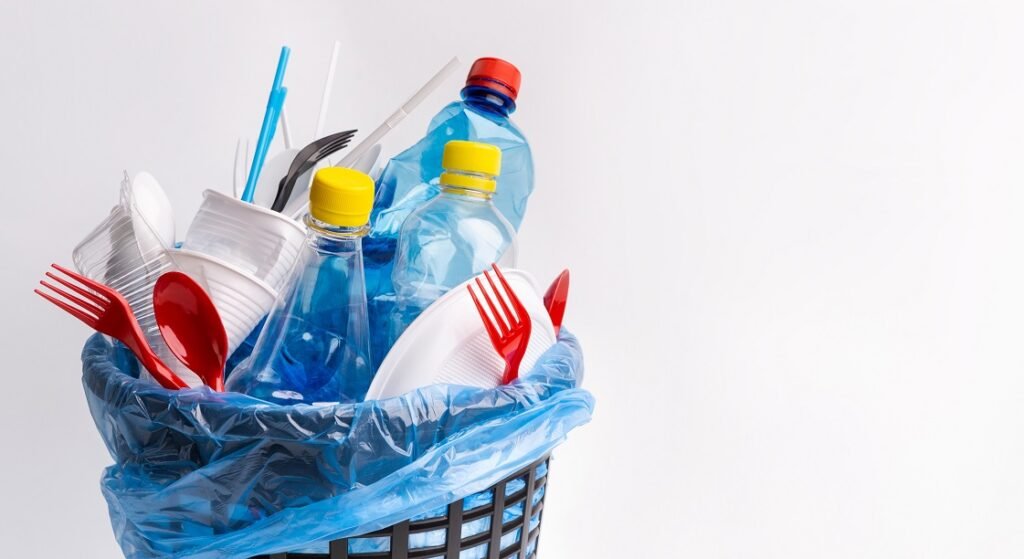On January 10, 2022, the Vietnamese government established the Decree No. 08/2022/ND-CP Detailing a Number of Articles of Law on Environmental Protection 2020 (hereinafter “the Decree”), which came into effect on the same day. Article 64 of Chapter 5 “Waste Management” of the Decree stipulates regulations for plastic products. Specifically, a roadmap for control of manufacture and import of single-use plastic products has been set out as follows:
- On and after January 1, 2026, the manufacture and import of poorly degradable plastic bags of 50cm x 50cm or smaller and 50μm thick or less shall be prohibited. However, this excludes cases where the bags are intended for export or packaging of other goods.
- Business entities that manufacture or import single-use plastic products and/or poorly degradable plastic packaging materials shall implement the recycling and treatment obligation under the Extended Producer Responsibility (EPR) scheme as stipulated in the Decree.
- On and after December 31, 2030, the manufacture and import of the following products shall be prohibited:
- Single-use plastic products (excluding Vietnam Green Label certified products)
- Poorly degradable plastic packaging materials (including poorly degradable plastic bags, and plastic foam containers for food packing)
- Products containing microplastics (excluding cases where they are intended for export or packaging of other goods)
Definition of terms
“Microplastics,” which are contained in products, mean solid, water-insoluble plastic particles less than 5mm in diameter, consisting mainly of synthetic or semi-synthetic polymers that are intentionally mixed into the following products:
- Toothpaste
- Detergent
- Soap
- Cosmetics
- Shampoo
- Body soap
- Facial cleansing cream
- Any other skin bleaching cream
“Single-use plastic products” mean plastic food containers, trays, bowls, chopsticks, glasses, cups, knives, spoons, forks, straws, and other tableware sold for one-time use before being discarded into the environment. However, accessories that cannot be replaced are excluded.
“Poorly degradable plastic packaging materials” mean packaging materials made mainly of petroleum-derived polymers such as polyethylene (PE), polypropylene (PP), polystyrene (PS), polyvinyl chloride (PVC), and polyethylene terephthalate (PET), which are difficult to decompose in the environment such as water, soil, and solid waste landfills, and require a long time to decompose.
 New Plastic Control Rules under Law on Environmental Protection 2020 in Vietnam
New Plastic Control Rules under Law on Environmental Protection 2020 in Vietnam 

























